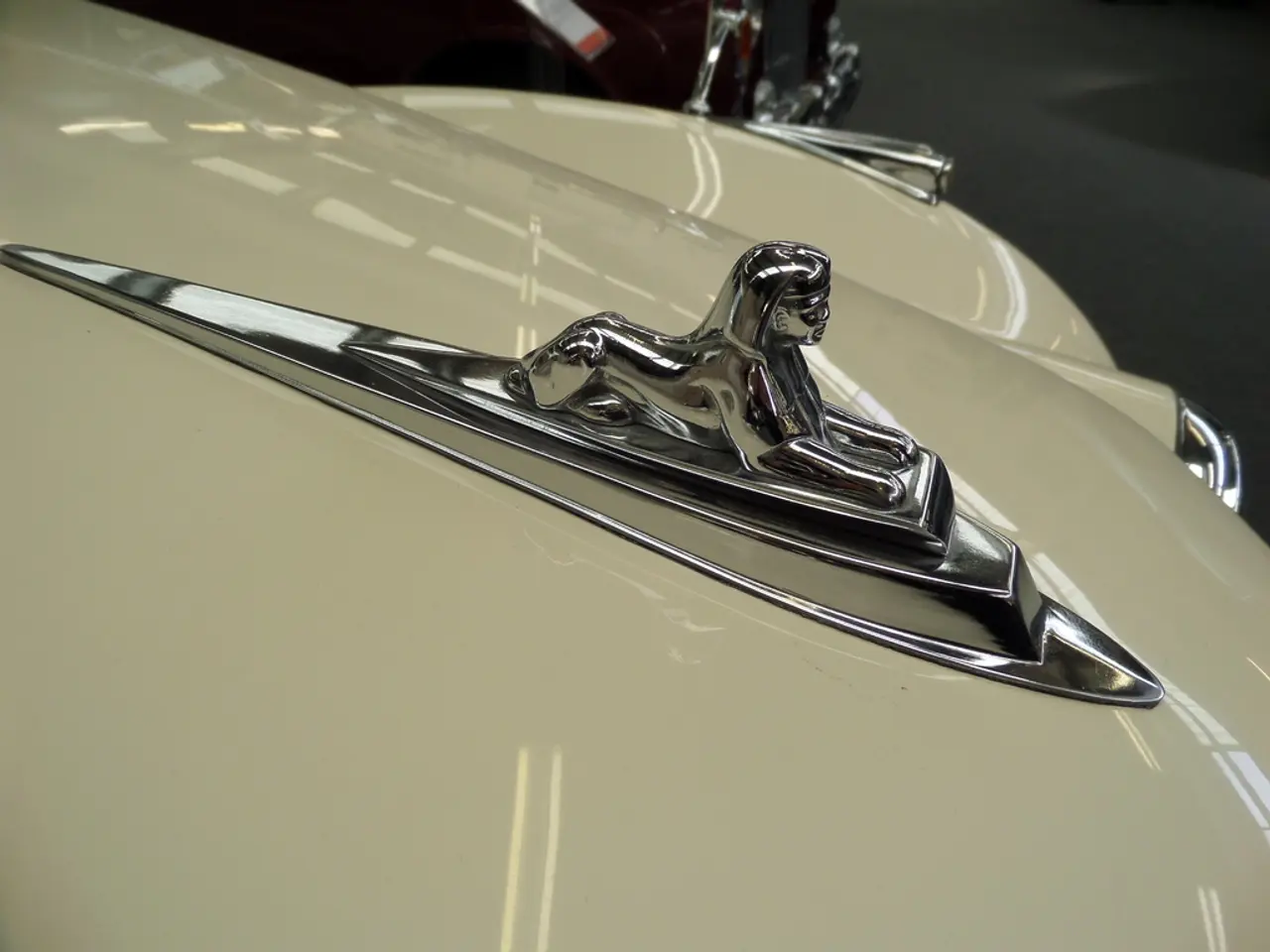Volkswagen proposed a Netflix-style subscription model for accessing additional electric vehicle power, raising concerns about potential slippery slopes in the auto industry.
In the automotive world, Volkswagen has introduced a new concept that is dividing opinions among consumers - a subscription-based performance upgrade for the ID.3 Pro and ID3 Pro S models.
For a monthly fee of £16.50 or a one-time lifetime payment of £649, owners can unlock an additional 27 horsepower, boosting their car's output from 201 bhp to 228 bhp. This full power, technically, is already present in the hardware of every qualifying ID.3, but limited by software unless paid for.
The subscription has sparked a heated debate, with many finding it baffling or frustrating that Volkswagen is charging customers to "unlock" power their car already has physically. Some question the justification of the subscription cost, especially considering the relatively small power boost of 20-27 hp.
A comparison to past practices, such as BMW's heated seat subscriptions, has led to accusations of a shift from traditional ownership to renting car features. This shift towards subscription-based models has stirred up feelings of anger and disappointment among some consumers.
However, not all opinions are negative. Some proponents argue that the subscription offers choice and flexibility, allowing customers to "build up" to full performance gradually and only pay for the power boost when they want it, rather than paying upfront for full power they may not use immediately.
Another benefit highlighted is the simplification of the insurance process, as the car is registered at full 228 bhp, upgrading power doesn’t require insurance updates.
In summary, while Volkswagen promotes this subscription as a consumer-friendly choice and flexibility, consumer sentiment appears divided. Many view the subscription as a controversial and somewhat exploitative practice, charging for software-unlocked features already present in the car’s hardware, whereas a smaller group sees it as an innovative way to offer tailored performance.
Meanwhile, other manufacturers are taking different approaches. Tesla, for instance, offers highly autonomous driving modes for a fee, while Mercedes is cutting its electric car prices and introducing a smaller version of the Tesla Cybertruck. The Chevrolet Bolt is making a comeback, and the new electric Mercedes G-Wagen is causing a stir with its unique design.
As the automotive industry continues to evolve, it will be interesting to see how consumers adapt to these new business models and how manufacturers respond to consumer feedback.
[1] BBC News, "Volkswagen ID.3: Subscription service lets drivers boost power", 2021. [2] Car and Driver, "Volkswagen ID.3: Subscription Power Upgrade", 2021. [3] The Verge, "Volkswagen's ID.3 power subscription is controversial, but it could be a glimpse of the future", 2021. [4] Electrek, "Volkswagen's ID.3 power subscription sparks controversy", 2021.
Read also:
- Essential insights into ambulatory pneumonia
- Key points for August 15: District of Columbia meetings, Alaska summit, redistricting debates, emergency room updates, and homelessness issues
- AI's Significance in the Medical Field: Discussion on AI's Functionality in Healthcare Settings
- Restrictions on Access to Almaty Center: Examining European and Asian Precedents




